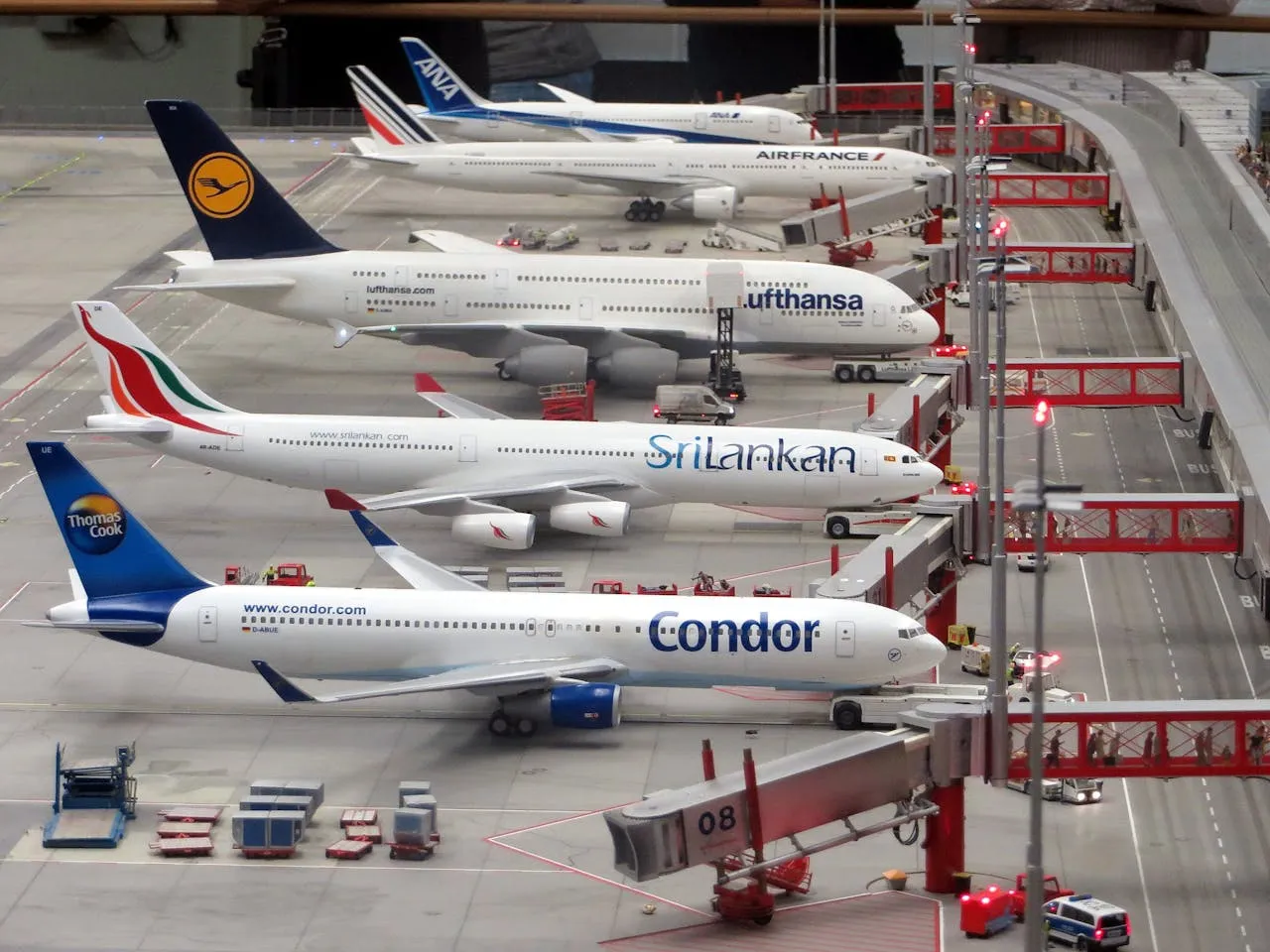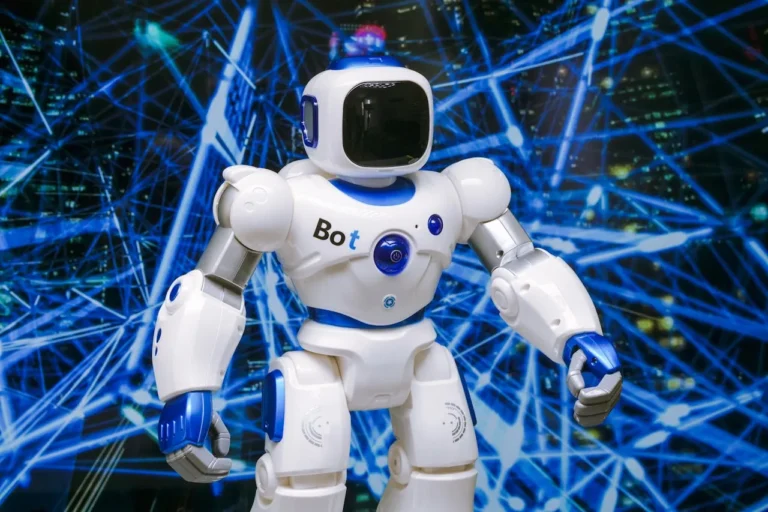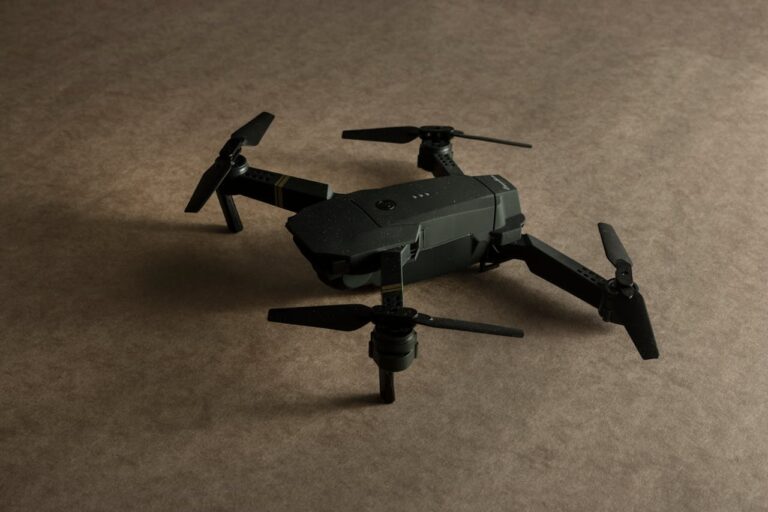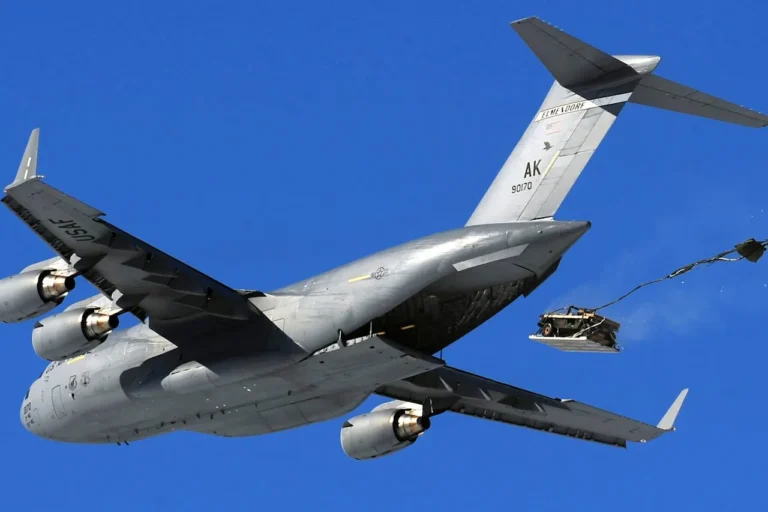
Hyundai Motor Company and Incheon International Airport Corporation (IIAC) signed a Memorandum of Understanding (MOU) to collaborate on digital transformation and future mobility innovation at the airport.
The MOU, signed by Hyundai Motor’s President and CEO Jaehoon Chang and IIAC’s President and CEO Hag Jae Lee, covers several aspects of smart mobility, including:
- Converting airport vehicles to hydrogen fuel cell technology and expanding hydrogen infrastructure
- Introducing robotics and smart logistics automation
- Establishing an advanced air mobility (AAM) ecosystem
- Implementing autonomous driving mobility services
Hyundai Motor will lead the implementation of these technologies at Incheon International Airport, which serves over 100 million passengers annually. The collaboration will act as a global testbed for Hyundai, showcasing its technological capabilities and gathering feedback from a wide audience.
President Chang stated, “Hyundai Motor plans to introduce hydrogen mobility, autonomous driving, robotics, and AAM throughout the airport. This partnership will enhance passengers’ travel experiences and position Incheon Airport as a global hub for smart mobility technologies.”
As a key gateway airport, IIAC aims to extend its digital transformation into the future mobility sector, evolving into a “global technology convergence transportation platform.” With the completion of its latest expansion phase by the end of the year, Incheon International Airport is set to become a global mega hub.
IIAC President Hag Jae Lee commented, “This agreement will accelerate the digital transformation of Incheon International Airport by leveraging Hyundai Motor’s technology. Our goal is to create an airport that people want to visit and ultimately transform it into a world-changing facility.”
Hyundai Motor and IIAC have previously collaborated on projects such as AAM and autonomous driving, including the formation of the ‘K-UAM One Team’ consortium in 2021 with Korean Air Lines, KT Corp., and Hyundai Engineering & Construction Co., Ltd. They also provided 12 hydrogen fuel cell electric buses for airport shuttle services from 2021 to 2023, with two hydrogen charging stations operational near the terminals.
Looking ahead, Hyundai Motor and IIAC plan to accelerate existing projects and launch new initiatives. They aim to adopt hydrogen energy systems across the airport, expand hydrogen refueling stations, and use hydrogen fuel cell electric trucks for logistics. In 2024, Hyundai Motor plans to supply an additional 10 hydrogen fuel cell electric buses to IIAC.
The companies are also exploring the use of Boston Dynamics’ robots for airport security, logistics, and passenger services. They intend to pilot autonomous shuttles at the airport, with the ultimate goal of developing autonomous personal mobility within the terminal.
Both companies will focus on enhancing the customer experience by showcasing future mobility technologies to airport passengers, creating an exciting and engaging airport environment. Since 2018, Genesis, Hyundai Motor’s luxury brand, has operated an experiential vehicle exhibition zone in Terminal 1’s departure lounge.
IIAC and Hyundai Motor plan to take comprehensive measures to advance their collaborative projects, aligning with Hyundai Motor’s vision of “Progress for Humanity” and fostering strategic partnerships within the mobility industry.




